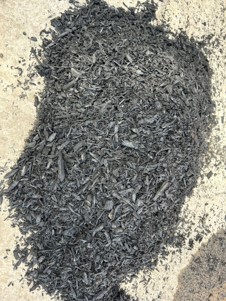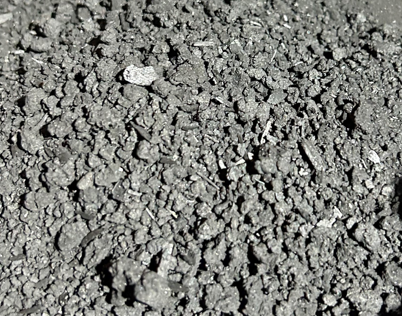Biochar
Biochar can sequester carbon for thousands of yrs; effectively removing it from the atmosphere and co contributing to negative carbon emissions.
Converting sewage into biochar provides a method for managing organic waste and reducing the volume of sewage that needs treatment, which can alleviate pressure on wastewater facilities
Biochar can improve soil health by enhancing nutrient retention, increasing water retention and promoting microbial activity, thus benefiting agricultural productivity
The pyrolysis process that produces biochar generates less methane and nitrous oxide compared to traditional compositing or landfilling of sewage
Biochar has the potential to adsorb pollutants from contaminated water and soil, making it useful in environmental clean up efforts


